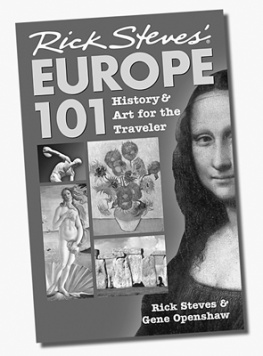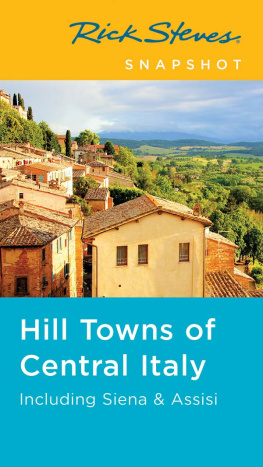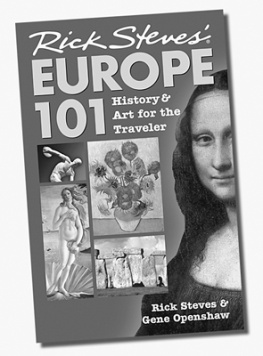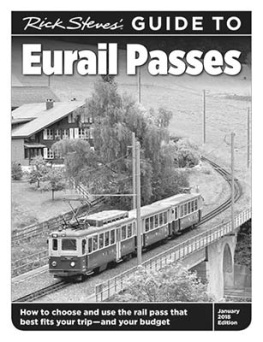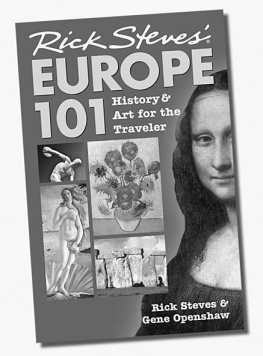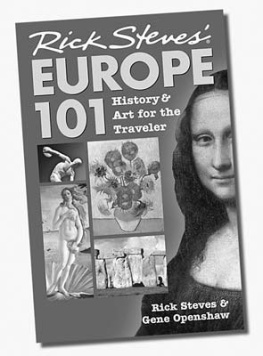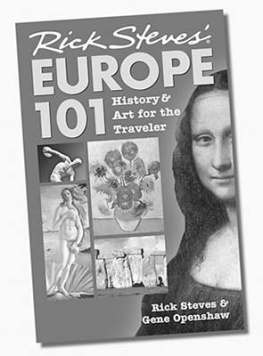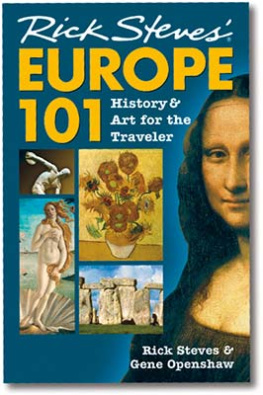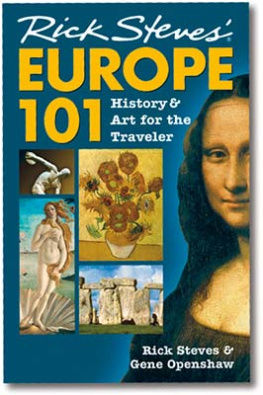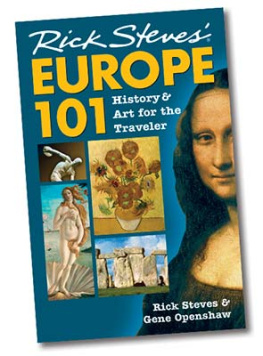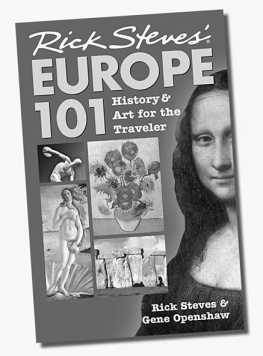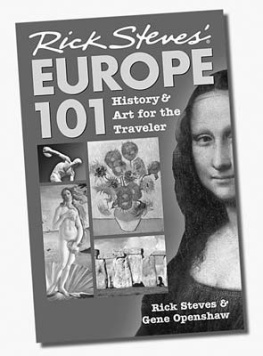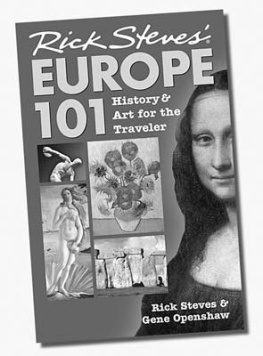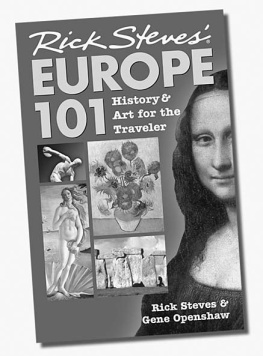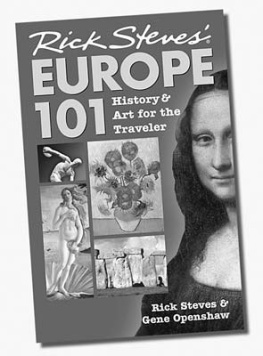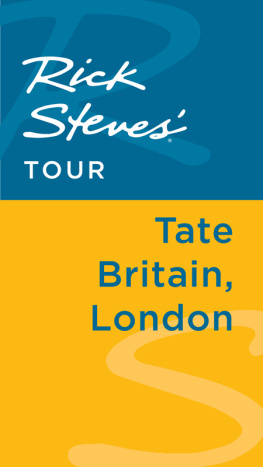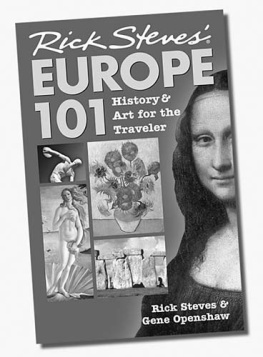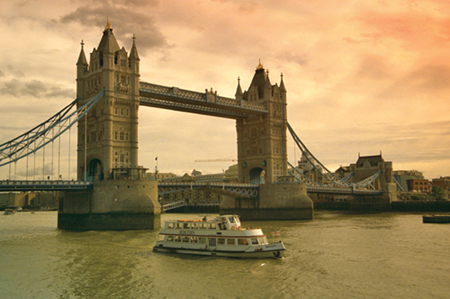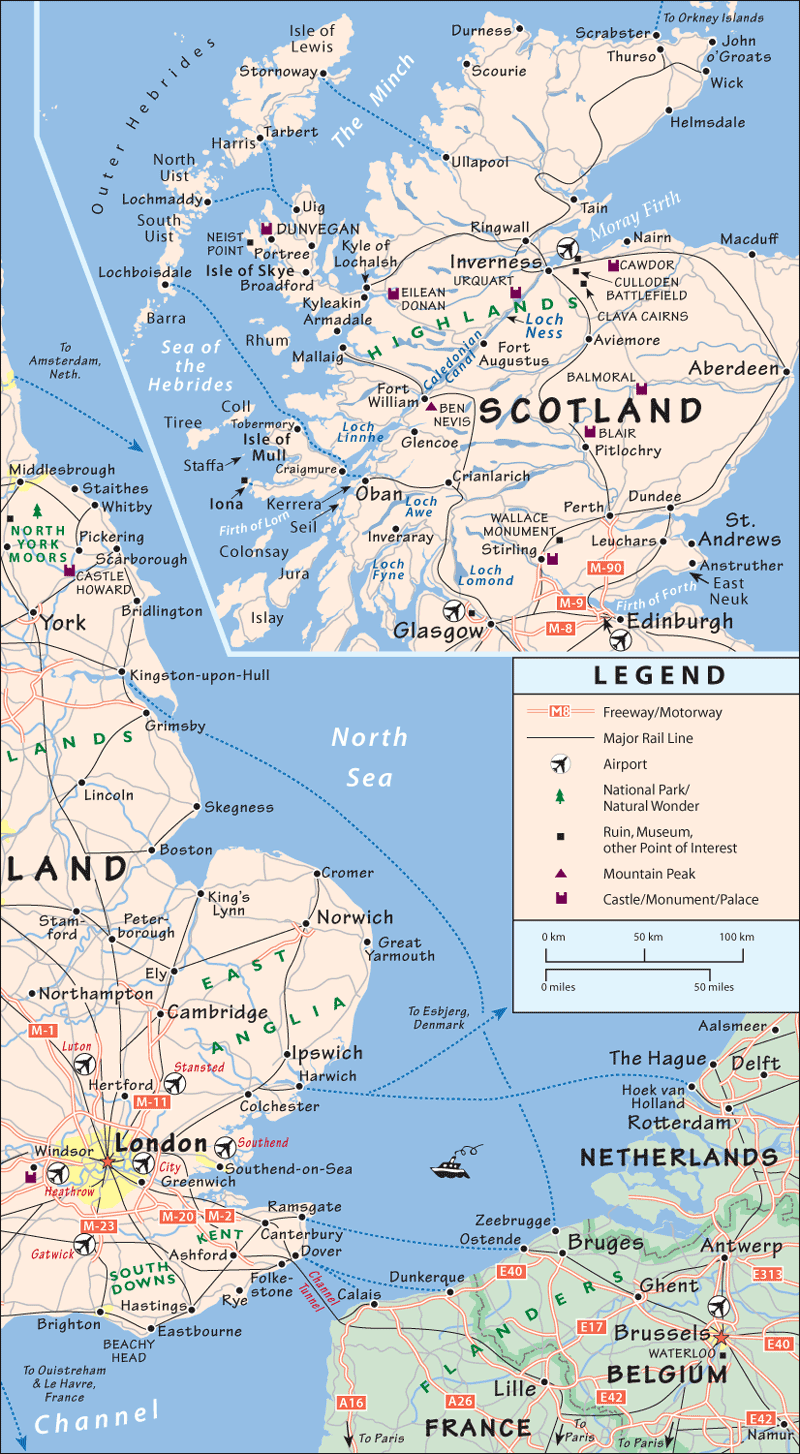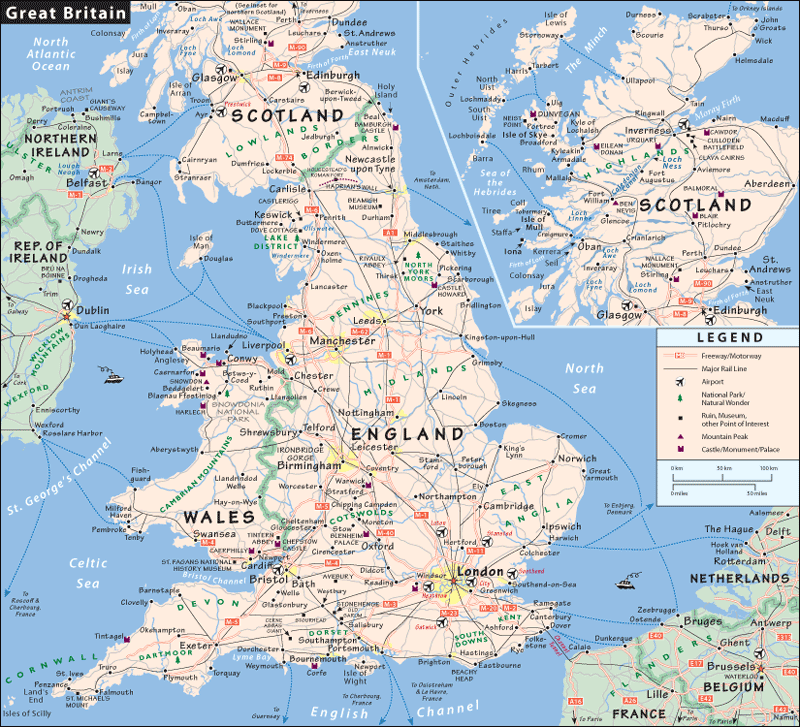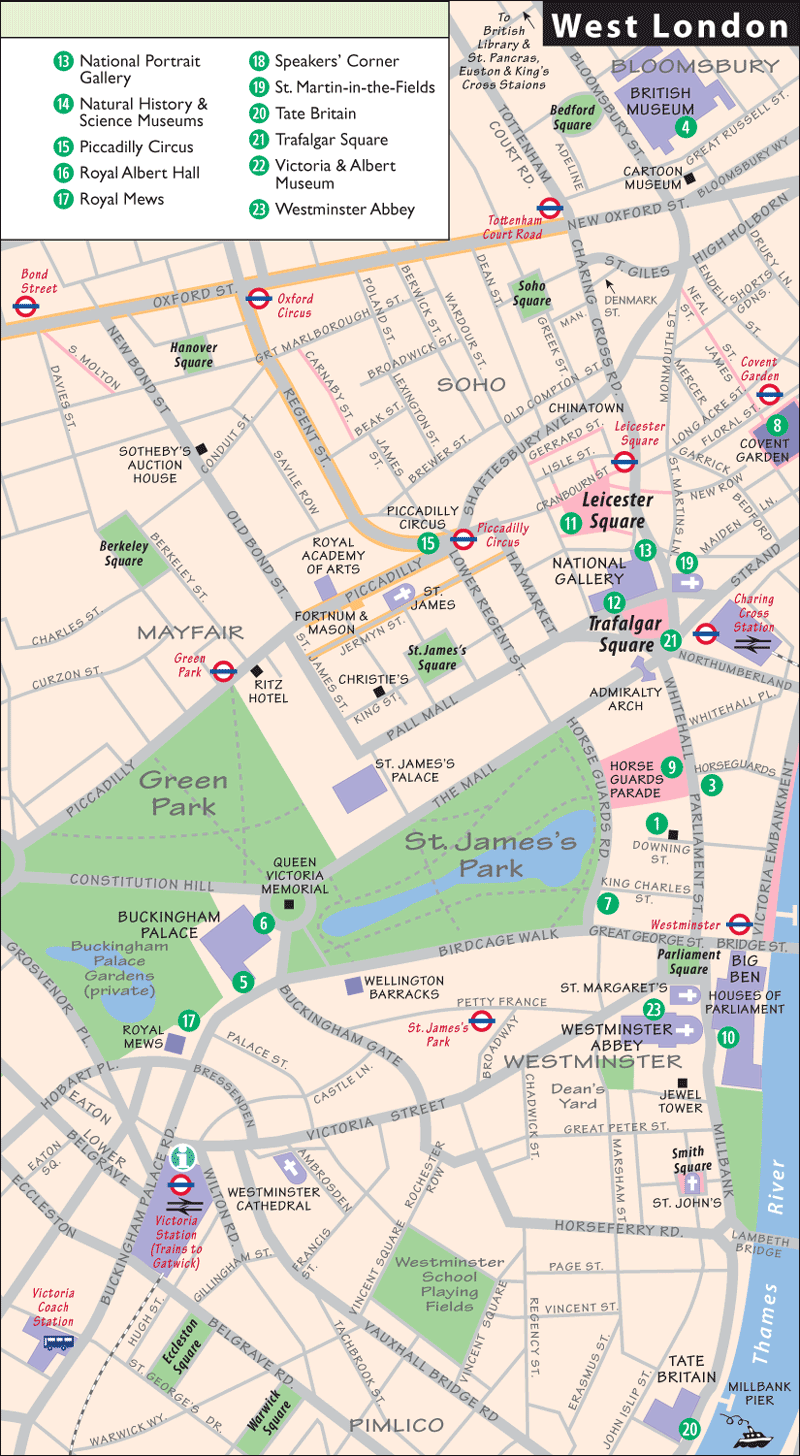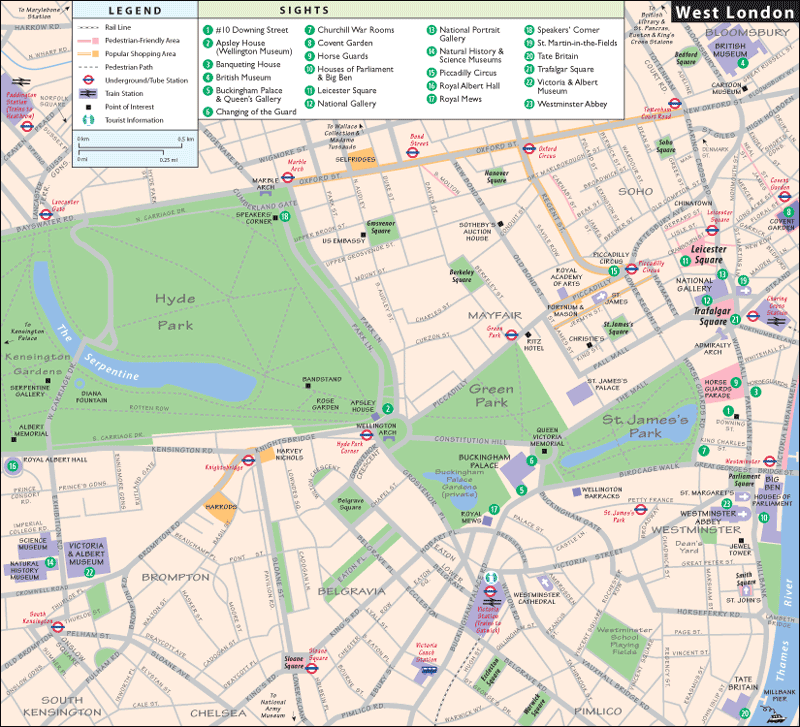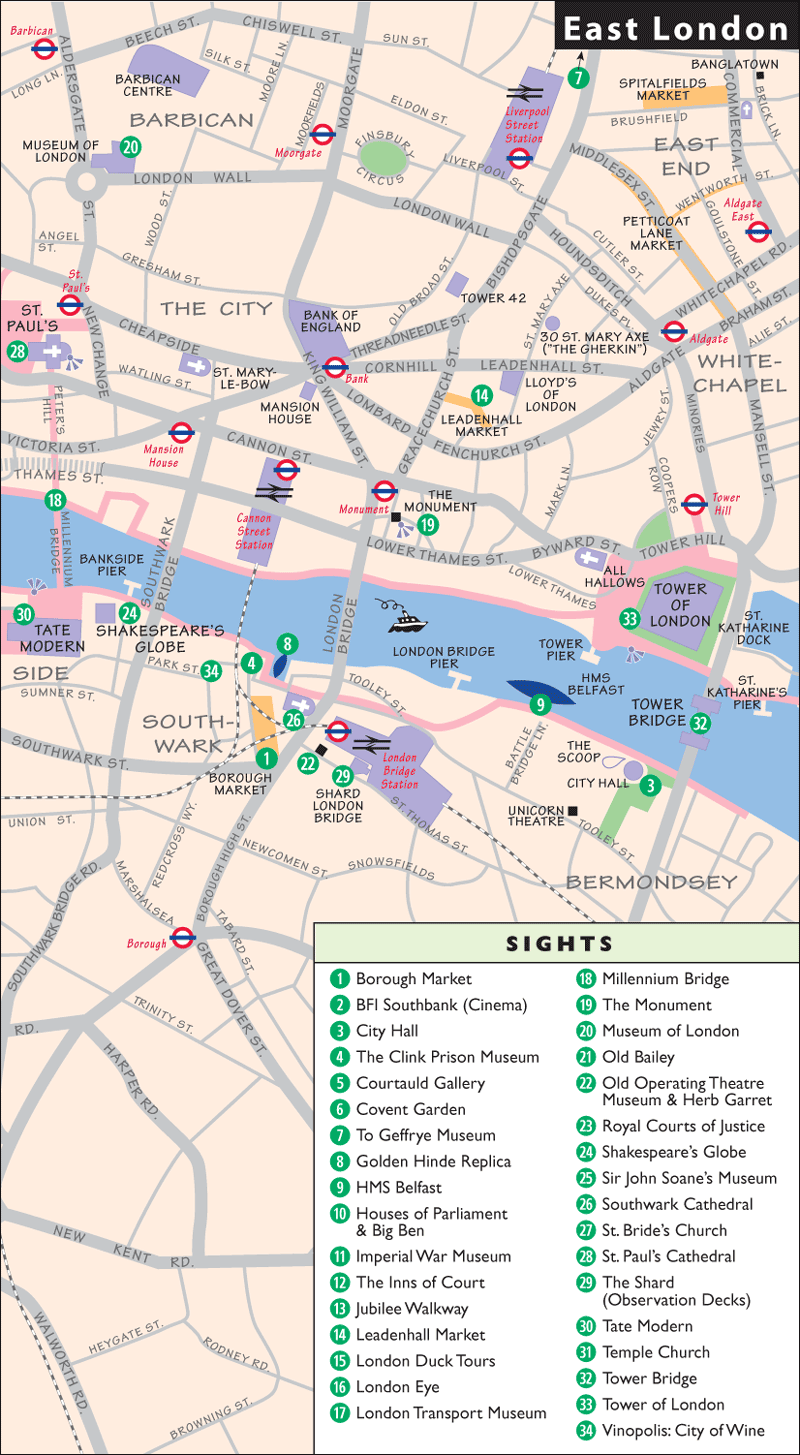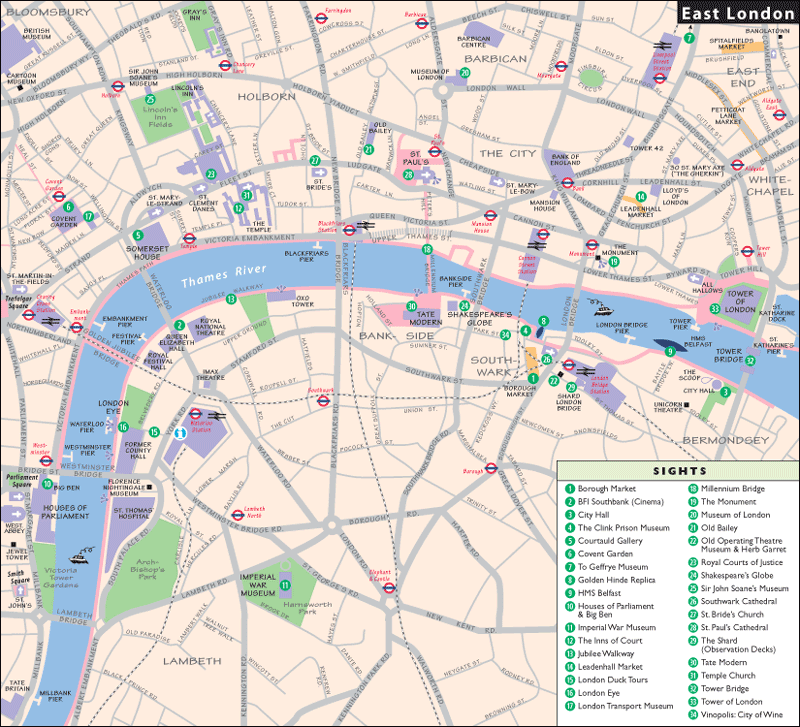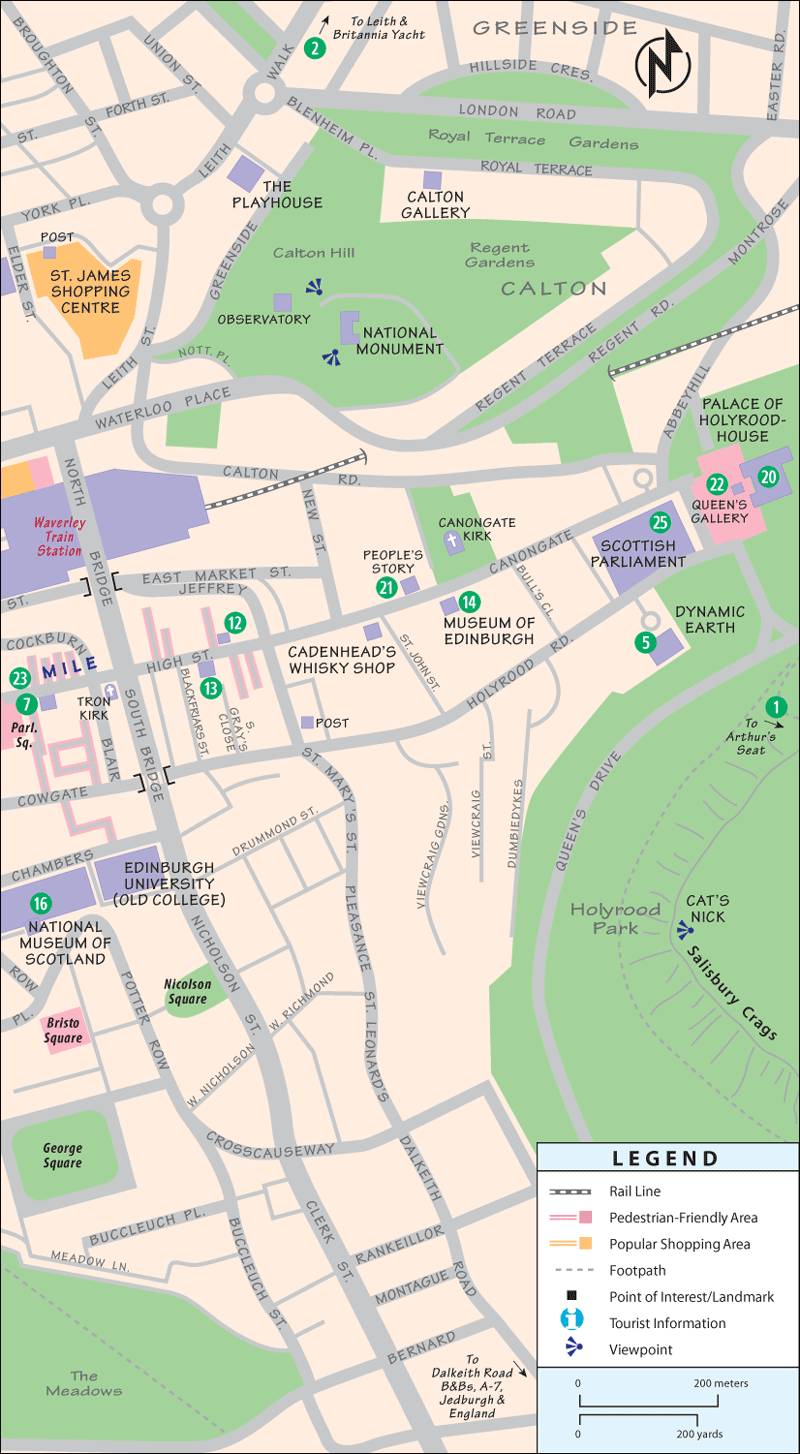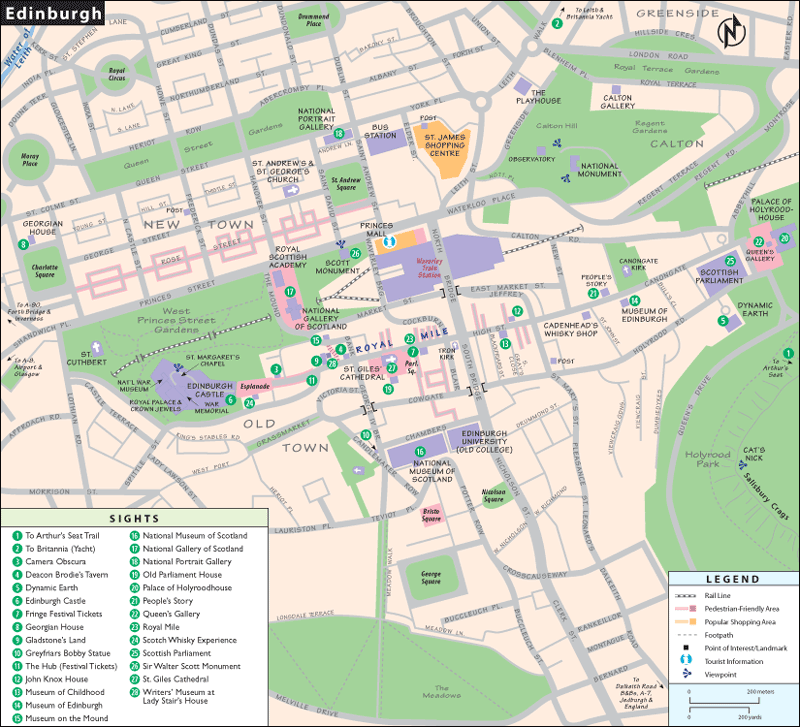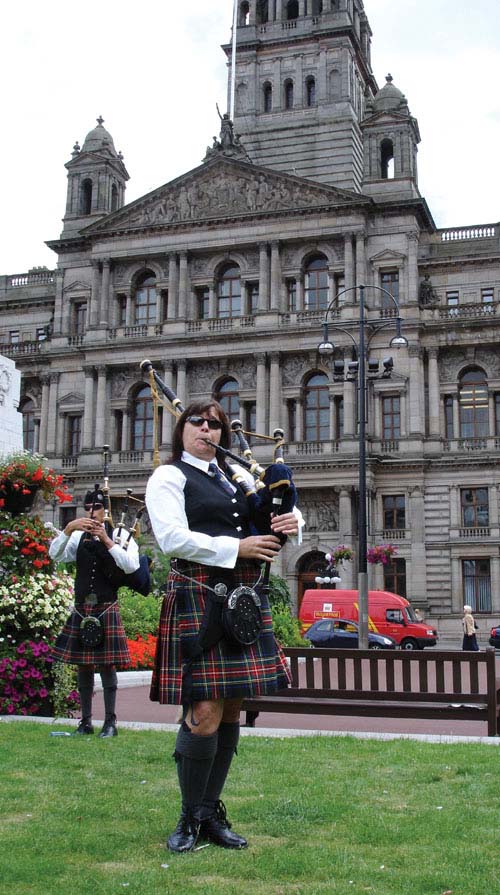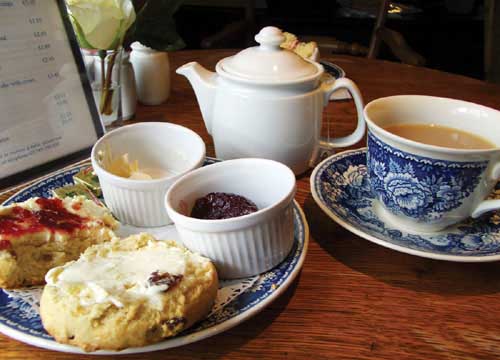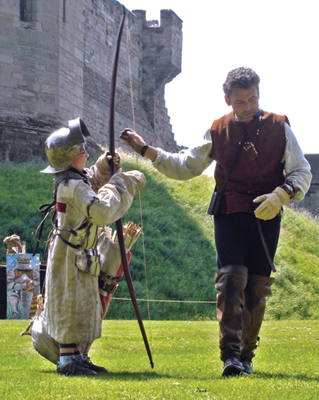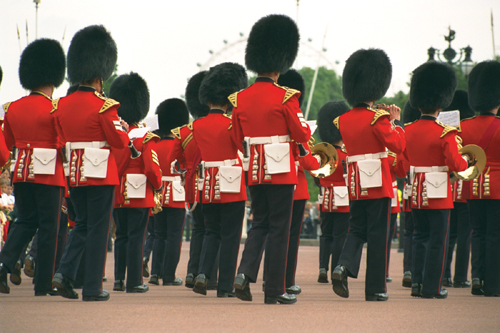Rick Steves'
GREAT BRITAIN
2013
Whats so great about Britain? Plenty. You can watch a world-class Shakespeare play, do the Beatles blitz in Liverpool, and walk along a windswept hill in the footsteps of Wordsworth. Climb cobblestone streets as you wander Edinburghs Royal Mile, or take a ferry to a windswept isle. Ponder a moody glen, wild-ponied moor, lonesome stone circle, or ruined abbey. Try getting your tongue around a few Welsh words, relax in a bath in Bath, and enjoy evensong at Westminster Abbey. Stroll through a cute-as-can-be Cotswold town, try to spot an underwater monster in a loch, and sail along the Thames past Big Ben. Great Britain has it all.
Regardless of the revolution we had 230-some years ago, many American travelers feel that they go home to Britain. This most popular tourist destination has a strange influence and power over us. The more you know of Britains roots, the better youll get in touch with your own.
The Isle of Britain is small (about the size of Idaho)600 miles long and 300 miles at its widest point. Britains highest mountain (Scotlands Ben Nevis) is 4,409 feet, a foothill by our standards. The population is a fifth that of the United States. At its peak in the mid-1800s, Britain owned one-fifth of the world and accounted for more than half the planets industrial output. Today, the empire is down to the Isle of Britain itself and a few token scraps, such as Northern Ireland, Gibraltar, and the Falklands.
And yet, culturally, Britain remains a world leader. Her heritage, culture, and people cannot be measured in traditional units of power. London is a major exporter of actors, movies, and theater; of rock and classical music; and of writers, painters, and sculptors.
On the other hand, when it comes to cuisine, Britain has given the world...fish-and-chips and haggis. Bad, bland British food is almost a universal joke, headed by dishes with funny names like bubble and squeak and toad in the hole. Traditionally, Britain was known for heavy, no-nonsense meals. The day started with a hearty breakfast of eggs and bacon, followed by meat pies and beer for lunch, and finished with a filling dinner of red meat and thick sauces.
But the cuisine has improved. The British have added fresh fruits and vegetables to their diet, and many regions pride themselves on using locally grown foods to make lighter, more creative variations of old favorites. Foreign influencesespecially Indian and Chinese importsare especially popular, having been adapted to local tastes.
Thankfully, one distinctive British tradition remains popular: afternoon tea served with biscuits, cookies, or little sandwiches. This four oclock break is part pick-me-up and part social ritual.
Ethnically, the British Isles are a mix of the descendants of the early Celtic natives (in Scotland, Ireland, Wales, and Cornwall), the invading Anglo-Saxons who took southeast England in the Dark Ages, and the conquering Normans of the 11th century...not to mention more recent immigrants from around the world. Cynics call the United Kingdom an English Empire ruled by London, whose dominant Anglo-Saxon English (50 million) far outnumber their Celtic brothers and sisters (10 million).
Its easy to think that Britain and England are one and the same. But actually, three very different countries make up Great Britain: England, Wales, and Scotland. (Add Northern Ireland and youve got the United Kingdombut youll need a different guidebook.) Lets take a quick cultural tour through Great Britains three nations.
England
Even today, England remains a cultural and linguistic touchstone for the almost one billion humans who speak English. Its the center of the United Kingdom in every way: home to four out of five UK citizens, the seat of government, the economic powerhouse, the center of higher learning, and the cultural heart. And, although it lacks some of the Celtic color of other parts of Britain, youll find plenty of variety even in plain vanilla England.
Britain Almanac
Official Name: The United Kingdom of Great Britain and Northern Ireland (locals say the UK or Britain).
Population: Britains 62 million people include a sizable and growing minority of immigrants, largely from India, Pakistan, and Eastern Europe. Seven in ten British call themselves Christian (half of those are Anglican), but in any given week, more Brits visit a mosque than an Anglican church.
Latitude and Longitude: 54N and 2W. The latitude is similar to Alberta, Canada.
Area: From Britannias 19th-century peak of power, when it dominated much of the globe, the British Empire shrunk to a quarter of its former size. Today, this nation is 95,000 square miles (about the size of Michigan). Its composed of one large island and a chunk of another large island.
Geography: Most of the British Isles consists of low hills and rolling plains, with a generally moderate climate. The countrys highest point is 4,409-foot Ben Nevis in western Scotland. Britains longest river, the Severn, loops 220 miles from the mountains of Wales east into England, then south to the Bristol Channel. The Thames River runs 215 miles eastwest through the heart of southern England (including London).
Biggest Cities: London is the capital, with 7.8 million people. Industrial Birmingham has about 1 million, Glasgow 600,000, and the port of Liverpool 450,000.
Economy: The Gross Domestic Product is $2.25 trillion and the GDP per capita is $36,000. Moneymakers include banking, insurance and business services, energy production, agriculture, shipping, and trade with the US and Germany. Heavy industrywhich once drove the Industrial Revolutionis now in decline.

